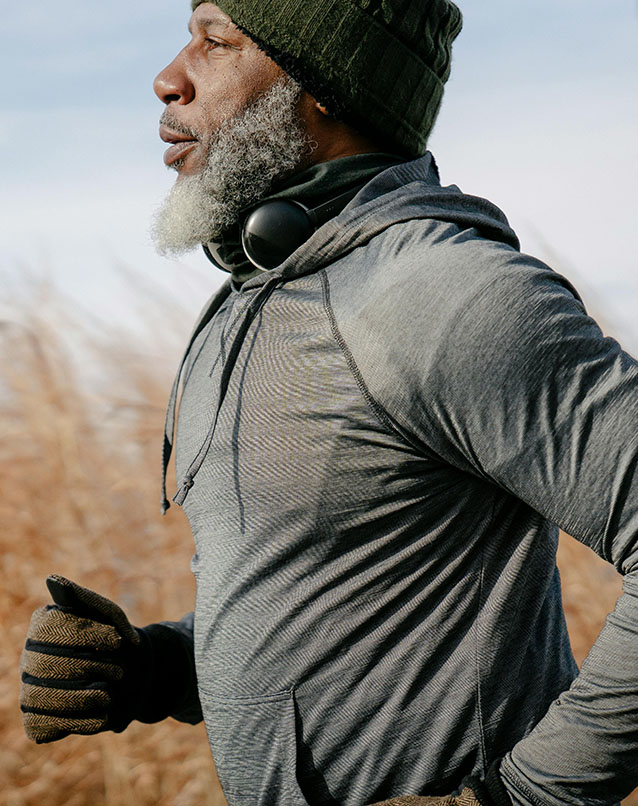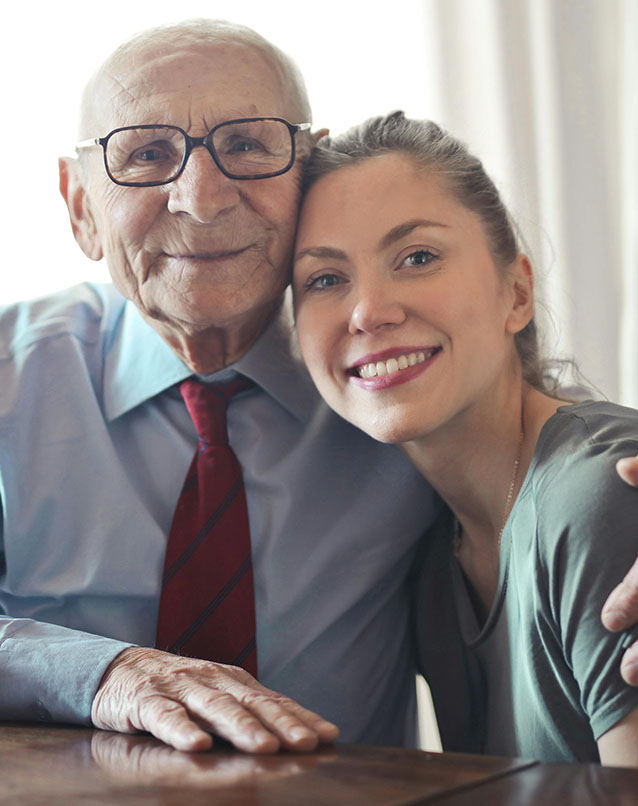Safety. Security. Longevity.
Choosing a Medical Alert System
Personal Emergency Response System (PERS)
Medical Alert Products are often referred to as a personal emergency response system, medical emergency response system, health monitor or fall monitor, can provide increased independence for loved ones and peace of mind for family caregivers…and could even save a life. At Age Safe® America, Medical Alert Products are one of the two top risk mitigation devises we advocate for, along with Grab Bars.
A medical alert system is a device that allows you to call for help in an emergency. When activated, it sends a signal to emergency services. Some mobile phone providers specifically for older adults, have an Urgent Response button option, for an emergency 24/7, and uses geolocation information from your device. Medical Alert devices can be worn like a necklace pendant around your neck on the Fall Detection lanyard, or can be worn like a watch. They can be clipped to a pocket or on your belt, carried it in your purse, or used multiple ways.

Safety. Security. Longevity.
How it works
You wear the device, which often has a button. When you press the button, it connects you to an emergency contact agent or 911. When activated, a medical alert system sends a signal to a designated person or emergency monitoring service, along with information about the person’s medical conditions, allergies, and medications. You can choose who receives the alert, such as a caregiver, neighbor, or emergency services.
Features
- Two-way communication: You can communicate with the monitoring center
- 24/7 monitoring: The system monitors you around the clock
- GPS: Some systems have GPS so you can access emergency services from anywhere
- Fall detection: Some systems can detect falls and connect you with emergency services

Safety. Security. Longevity.
Who uses them
Medical alert systems are often used by seniors who live alone, or people at risk for falling. A medical alert system can be helpful for people who may need immediate emergency care, such as those with certain medical conditions or who live alone. When choosing a medical alert system, you should consider your lifestyle, condition, and needs.
Need a medical alert system?
People concerned about falls or those with certain medical conditions: Such as heart disease, diabetes, seizures, or blood thinners. People with severe allergies: Such as anaphylaxis, a life-threatening reaction to an allergen. People with cognitive conditions: Such as Alzheimer’s or dementia, who may need help with daily activities or risk wandering off. People who live alone: Such as seniors, who may be at risk of falls or need help with daily activities. You can discuss the option with your medical care team when to consider a medical alert system.
Remember: A fall changes everything! Be prepared.

